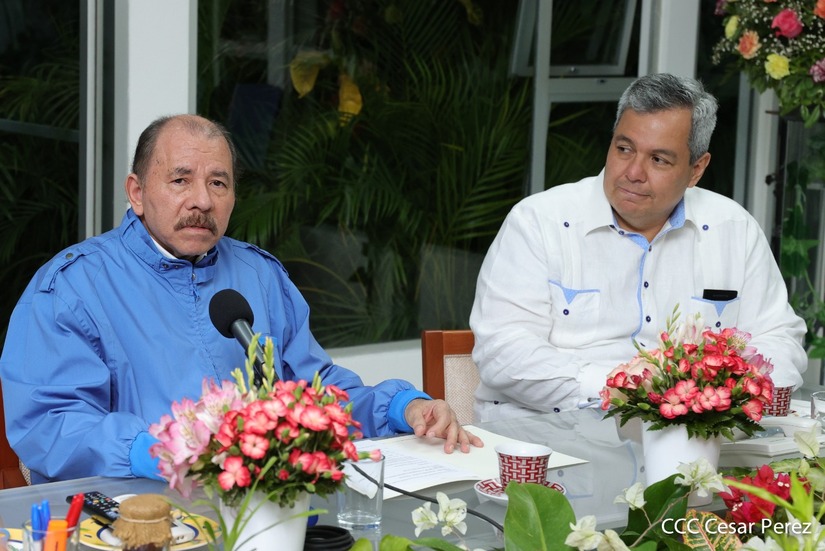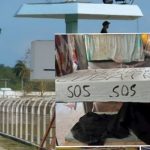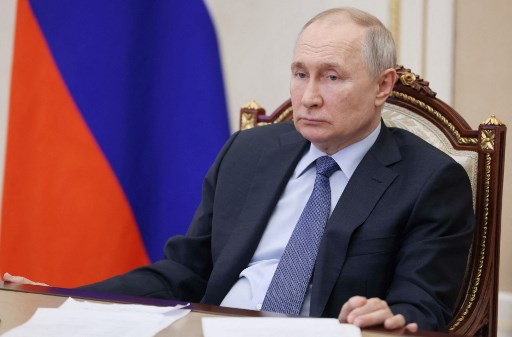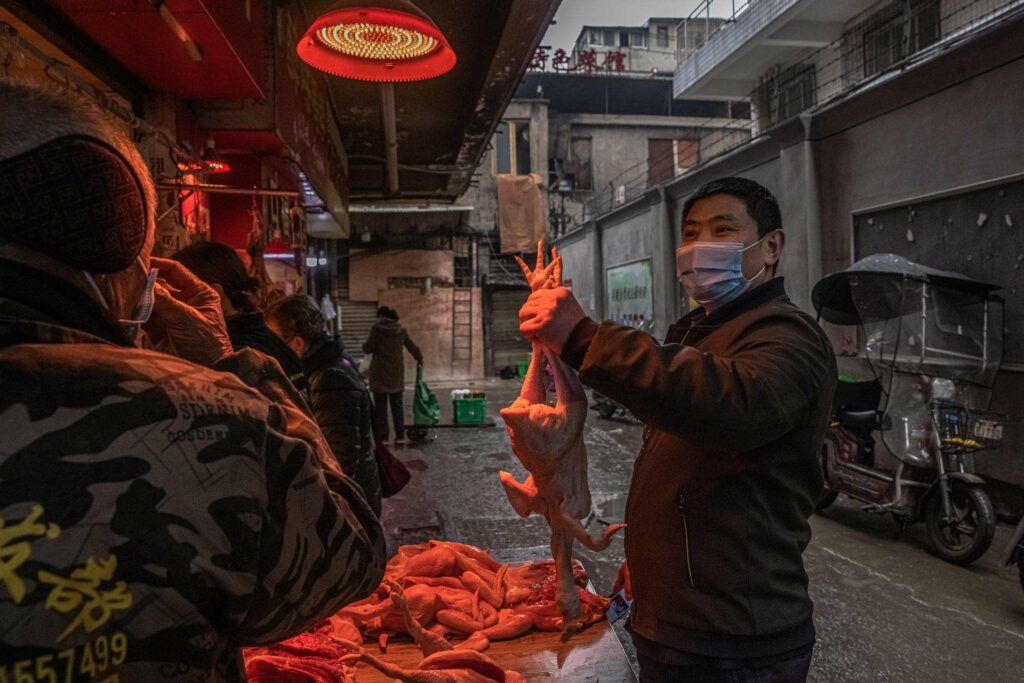When asked why the member countries of the Central American Bank for Economic Integration (CABEI) have not done anything to stop the financing that the regional entity continues to grant to the dictatorship of Daniel Ortega and Rosario Murillo, the political analyst Elisha Nunez and the lawyer Juan Diego Barberena They agree that these countries have obligations or implications with the bank and do not want Nicaragua to block their loans that they manage at CABEI.
CABEI is made up of the founding countries that are Guatemala, El Salvador, Honduras, Nicaragua and Costa Rica; the non-founding regional countries Panama and the Dominican Republic; and the extra-regional countries Belize, Mexico, Taiwan, Argentina, Colombia, Spain, Cuba and Korea.
Among the nations that make up the financial entity there are governments that have been belligerent against the dictatorship of Ortega Murillo, such as Costa Rica, Panama, Spain, Argentina and Taiwan; however, they maintain a double discourse because they denounce and demand that the regime stop the repression against the people of Nicaragua, but they also continue to finance it through CABEI.
Related news: Mossi defends loans to Ortega: “We do not work for political complaints”
For Juan Diego Barberena Countries like Costa Rica and Panama “have some obligations or implications with CABEI for the financing of certain projects. In the case of Costa Rica, it still has a large financing portfolio for certain projects with the new government. In addition, that President Chaves has a very close relationship with Dante Mossi and we must not forget that (Rodrigo) Chaves supported the election of Werner Vargas as general secretary of the Central American Integration System.”
“In such a way that, let’s say there is a double discourse, although it is true that they are two of the democratic countries in the region, that even the Dominican Republic could be added to that group, which can generate some type of incidence to avoid disbursements. loans to the dictatorship, however they are involved with the credits that they have requested from CABEI,” he specified.
Likewise, the Nicaraguan lawyer highlighted “that the key is not necessarily the member countries, full founders of CABEI, the key lies both in the governors and in the shareholders who finance CABEI, that is, Spain, Korea, Taiwan, Argentina; that they are countries with a somehow democratic tradition, whose reputation is in the middle, by virtue of the fact that they are providing resources to a financial institution, which is granting discretionary credits and indiscriminately to a dictatorship, which represses and persecutes dissent”.
For his part, Elisha Nunez explained that “CABEI is made up of five partners with preferential shares that are Guatemala, El Salvador, Honduras, Nicaragua and Costa Rica, these add up to 51% of the shares between them, that is, their bloc will always have the majority , then there are other partners such as Panama and the Dominican Republic, and then there are the extra-regional partners that are Spain, Taiwan, Korea and others, with another percentage of shares. What they can do is that if you deactivate 51% by any means, then you deactivate the financing ».

The political analyst also assured that the countries of the region that consider themselves democratic and that are against Ortega’s actions have not managed to stop financing for the dictatorship “so that Nicaragua does not block his loans” before CABEI.
He added that if the sum of these countries (Costa Rica, Panama, the Dominican Republic, Argentina, Spain, Taiwan) deactivates 51%, it deactivates any financing, however they will not do so because they have benefits to lose.
In addition, Juan Diego Barberena pointed out that “what happened yesterday in the debate between Dante (Mossi) and the Inter-American Dialogue, I think that some lines of incidence could be traced, in the sense of trying to lobby in the region so that Dante does not have sufficient support both for the bank’s capital increase and for re-election, because the bank’s capital increase is the condition sine qua non (without which not) of the campaign that Dante has to get him re-elected immediately, so I think that there is an open field to exercise some kind of influence also under the protection of issues that are being given or were given, such as the report of the United Nations Group of Experts on Human Rights».
CABEI is the main “sponsor” of the dictatorship of Daniel Ortega and Rosario Murillo. In recent years, the financing of this regional entity went from representing 21.39% of the Public Investment Program (PIP) in 2017 to 39.14% in 2022.


















